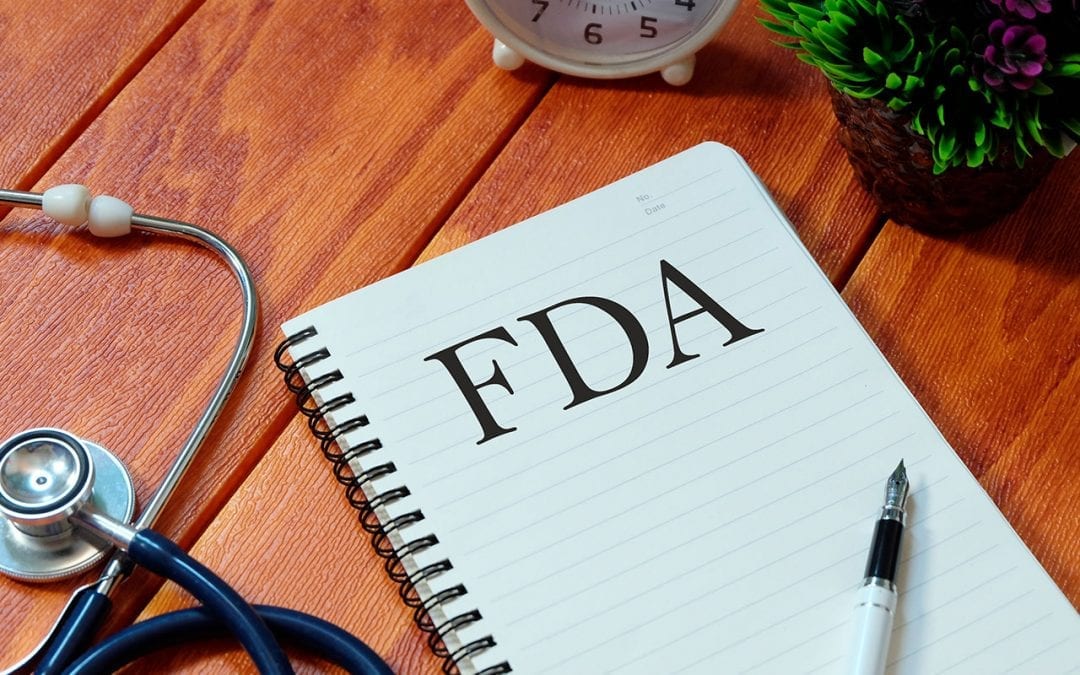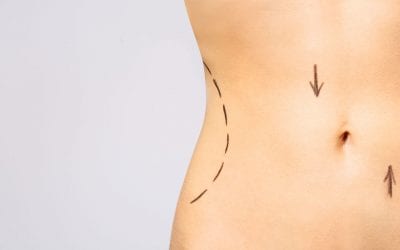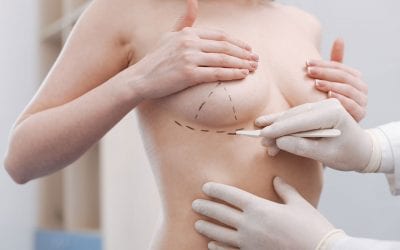The U.S. Food and Drug Administration (FDA) examines and approves a wide range of items such as food, vaccines, medications for humans and animals, dietary supplements, radiation-emitting electronics and medical devices for humans for medical use, including drugs and medical appliances. Those last two include lasers, liposuction and other fat reduction devices, injectables (including BOTOX®).
In the simplest terms, “FDA approval” means that the FDA has decided the benefits of the approved item outweigh the potential risks for the item’s planned use.
The equivalent authority in U.K. is The Medicines and Healthcare products Regulatory Agency (MHRA).
In Europe the equivalent of “FDA approval” is essentially the CE mark. It represents a set of legal requirements for all medical and aesthetic devices which must be rigorously followed before they can be sold in the European market.
Although no drug or medical device is entirely risk-free, the research and testing must show that the benefits of the drug or device for a particular condition outweigh the risks to patients of using the item.
The FDA does not do its own testing of new drugs, medical devices, or other items. Instead, it reviews the results of clinical testing and studies performed by the item’s manufacturer. The FDA approval process requires the manufacturer to work with the FDA during human trials of drugs and other devices to ensure trials meet rigorous scientific standards and that human subjects are protected from unnecessary risks. The approval process also prevents product and device-makers from making unsubstantiated claims to boost sales or otherwise encourage people to buy what they are selling in the hopes of getting a specific result.
The FDA uses a three-tier screening process to decide whether or not a medical device will require approval and how hard the FDA needs to look at the medical device before approving it.
For “high-risk” devices, including medical implants and devices the FDA applies its highest level of evaluation. Breast implants are included in this category and are classified as Class III (high risk) by the FDA. They require therefore the most stringent application procedure for approval. This means the manufacturer must submit clinical data and research to prove that their implants are not only safe but effective too.
In Europe, similar to FDA approval, because breast implants are classified as high risk medical devices, they require a CE Medical Mark rather than a standard CE Mark which ensures the same depth of clinical data and research is submitted before a product can be approved for open market sale.
What is important to appreciate is that neither CE nor FDA approval guarantees that the drug or medical/aesthetic equipment or device will deliver good clinical results. These approvals represent essentially safety tests.
Questions about the aesthetic result to be expected by using the particular medical device (for example a breast implant) must be discussed with the Plastic Surgeon during the pre-operative consultation.





Recent Comments